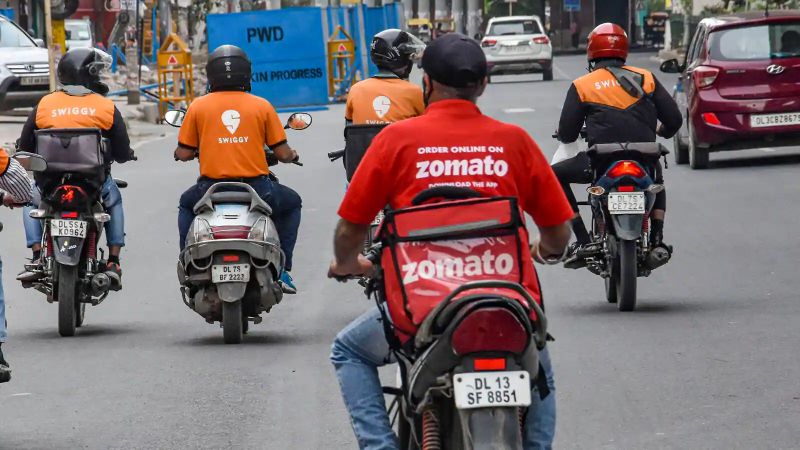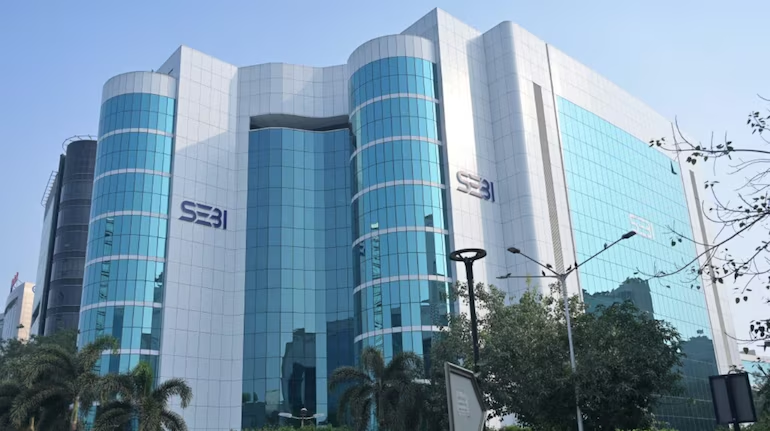India’s Ministry of Consumer Affairs has launched an investigation into major e-commerce platforms, including Amazon, Flipkart, and FirstCry, for allegedly charging extra fees on cash-on-delivery (COD) orders, a payment method preferred by 65% of Indian consumers. The probe, initiated in early October 2025, stems from complaints that these platforms impose nominal handling fees of ₹7-₹10 for COD transactions—on top of varying platform fees—potentially violating consumer protection laws by discouraging cash payments and favoring digital methods. This comes amid broader antitrust scrutiny of the sector, where COD remains crucial for trust in a market projected to reach $350 billion by 2030.
For online shoppers, small businesses relying on COD, and policymakers tackling digital inclusion, the investigation highlights tensions between e-commerce growth and fair practices. With 881 million internet users, India is the world’s third-largest online retail market, but COD’s popularity (especially in fashion and groceries) underscores affordability and verification needs. The ministry is considering measures like waiving COD fees or compensating for delays, potentially reshaping payment dynamics. Let’s unpack the allegations, government response, and implications.
The Allegations: Extra Fees and Consumer Burden
The core issue: Platforms add handling charges for COD, seen as a deterrent to cash use. Amazon levies ₹7-₹10 for post-delivery payments, while Flipkart and FirstCry charge ₹10, per a Mint report citing ministry sources. This occurs despite COD’s convenience—no upfront payment, ideal for rural or low-trust users.
Complaint details:
- Fee Structure: COD adds ₹5-₹10 to base orders, plus platform fees (e.g., Flipkart’s ₹40 for low-value items under ₹500).
- Consumer Impact: 65% chose COD in a 2024 IIM-Ahmedabad survey of 35,000 across 25 states; fashion/clothing shows highest reliance.
- Broader Practices: Delays in refunds or deliveries despite prepayments, violating ETAs (estimated times of arrival).
The Federation of All India Traders (FAIT) and others filed complaints, arguing it exploits COD’s popularity while pushing UPI/digital payments.
Government Response: Probe and Proposed Reforms
Minister Pralhad Joshi directed officials to investigate, exploring:
- Fee Waivers: Mandate no COD charges or refunds for delays.
- Supply Chain Fixes: Enforce ETAs to build trust.
- Regulatory Alignment: Ties into CCI’s antitrust probes (e.g., 2020 CCI orders on Amazon/Flipkart for anti-competitive seller preferences).
No formal orders yet, but sources indicate action within weeks, per Mint. This echoes 2020 ED probes on sales data from Apple/Xiaomi for exclusive launches.
Implications: Boost for Digital Payments or Consumer Relief?
For consumers, resolution could lower costs and improve reliability, sustaining COD’s 65% share. Sellers face potential fee hikes if platforms pass costs. E-commerce Giants like Amazon (₹1.5 lakh crore FY24 revenue) and Flipkart (Walmart-backed) risk fines or mandates, accelerating UPI adoption (117.6 billion transactions in FY24).
Broader effects:
- Market Growth: E-commerce at 18.2% CAGR to 2030; COD reforms could add 10-15% volume.
- Policy Precedent: Builds on 2020 CCI findings of collusion with Samsung/Xiaomi for exclusives.
- Investor View: Temporary stock dips (Amazon India not listed), but long-term digital push aids.
Challenges: Balancing trust (COD’s verification role) with efficiency; rural users may resist digital-only shifts.
Conclusion: COD Probe – A Step Toward Fairer E-Commerce
The investigation into Amazon, Flipkart, and FirstCry for extra COD charges addresses a key pain point for 65% of Indian shoppers, potentially mandating waivers and better ETAs. As the ministry acts, it could foster inclusive growth in a $350 billion market by 2030, blending cash convenience with digital speed. mint



